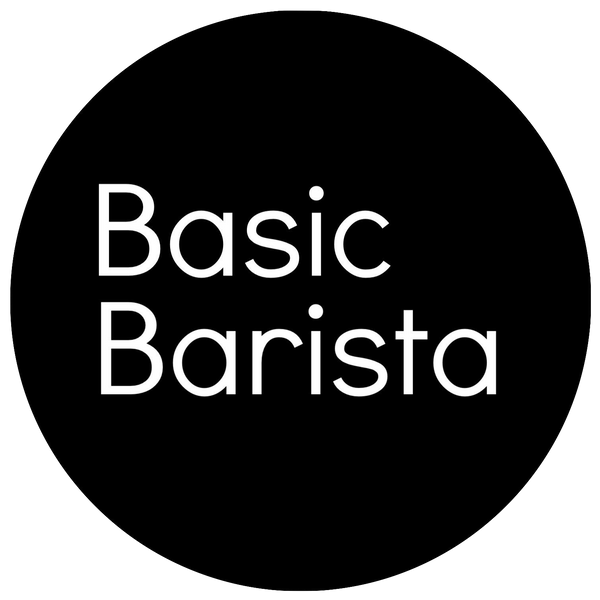
Stovetop or Electric Kettle?
Share this article
So you're in the market for a coffee kettle!
You've seen a bunch of fancy kettles with spouts, goosenecks and you aren't sure if you need a Stovetop or electric kettle?
If you're a tea or coffee enthusiast, you know the importance of a reliable and efficient kettle but with so many options on the market, the decision can be overwhelming. Luckily for you we have been selling kettles for the last 4 years here in Melbourne, Australia.
In this article, we'll explore the pros and cons of both stovetop and electric kettles to helping you make an informed choice that suits your at home coffee brewing needs.
Pros and Cons of Buying A Stovetop Kettle
Traditional Charm Meets Versatility
There's something nostalgic about the whistle of a stovetop kettle coming to life on the stovetop. Besides, they come in a range of charming designs that can complement any kitchen decor. Plus, they're versatile—you can use them on gas, electric, or induction stoves, however this might not be the best choice for your brewing needs.
Control Over Temperature
One of the significant advantages of a coffee brewing kettle is the control it gives you over the temperature. You can visually monitor the water's temperature, whether it be through a physical thermometer or a digital display ensuring you heat it to the precise level needed for your delicate teas or specialty coffee.
Saves Energy (if used correctly)
While it may seem chaotic to think that a stovetop kettle can save energy, it's true—if used correctly. Since you have direct control over the heat source, you can avoid overboiling the water, which saves energy and reduces your carbon footprint.
The downside to this is the convenience of not being able to leave your kettle unattended.
Takes Longer to Boil
Let's face it: stovetop kettles are not the fastest when it comes to boiling water. They can take a bit longer than their electric counterparts to reach boiling point, which might not be ideal for those who are always in a rush.If this is a deal breaker for you then definitely check out some electric options with fast-boil features.
Requires Stove Access
A stovetop kettle relies on a heat source, which means you need access to a stove or cooktop to use it. If you're on the go, camping, or make coffee on a 'brew bar' and not a kitchen this might not always be a feasible option for you.
Pros and Cons of Buying An Electric Kettle
Rapid Boiling Speed
When it comes to speed, electric kettles take the crown. They can rapidly boil water in a matter of minutes, making them perfect for those early morning rushes or when you're in dire need of a caffeine fix.Automatic Auto-Off Feature
Safety first! Electric kettles sometimes come equipped with an auto-off feature, preventing boiling water for hours on end. This avoids overboiling and damaging your kettle.
Shorter Lifespan
Compared to sturdy stovetop kettles, electric kettles usually have a shorter lifespan due to their electrical components. Frequent use or issues with the heating element can lead to a shorter overall product life. In saying this I have had my EKG for around 3 years now and out of all the kettles I have used the build quality is very high.
Whichever kettle you choose, remember that both are designed to simplify and elevate your tea or coffee experience, bringing a touch of order to your chaotic mornings and afternoons.
Frequently Asked Questions (FAQs)
Which kettle type is more energy-efficient in the long run?
While stovetop kettles have the potential to be more energy-efficient if used mindfully, electric kettles generally have the advantage of faster boiling times, which can lead to less energy consumption.Can I use an electric kettle on a gas stove?
No, electric kettles are specifically designed to be used with electrical outlets and should not be placed on a gas stove or any other heat source.Do electric kettles require descaling like stovetop kettles?
Yes, both stovetop and electric kettles can accumulate mineral deposits over time, which might affect their performance. Regular descaling is recommended for electric kettles to maintain optimal efficiency.Are stovetop kettles louder than electric kettles?
Yes, stovetop kettles tend to produce a distinct whistling sound when the water reaches boiling point, while electric kettles are generally quieter.Are there any safety concerns with electric kettles?
Electric kettles are generally safe to use when used as intended. However, it's essential to follow the manufacturer's instructions, avoid overfilling the kettle, and use caution when handling hot water.






